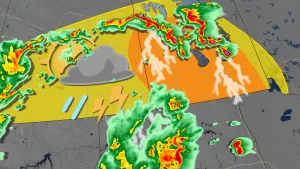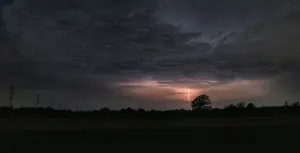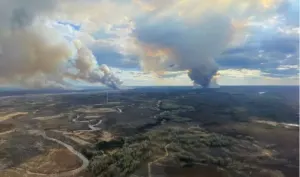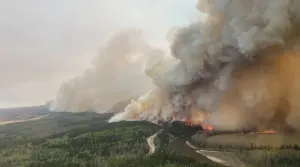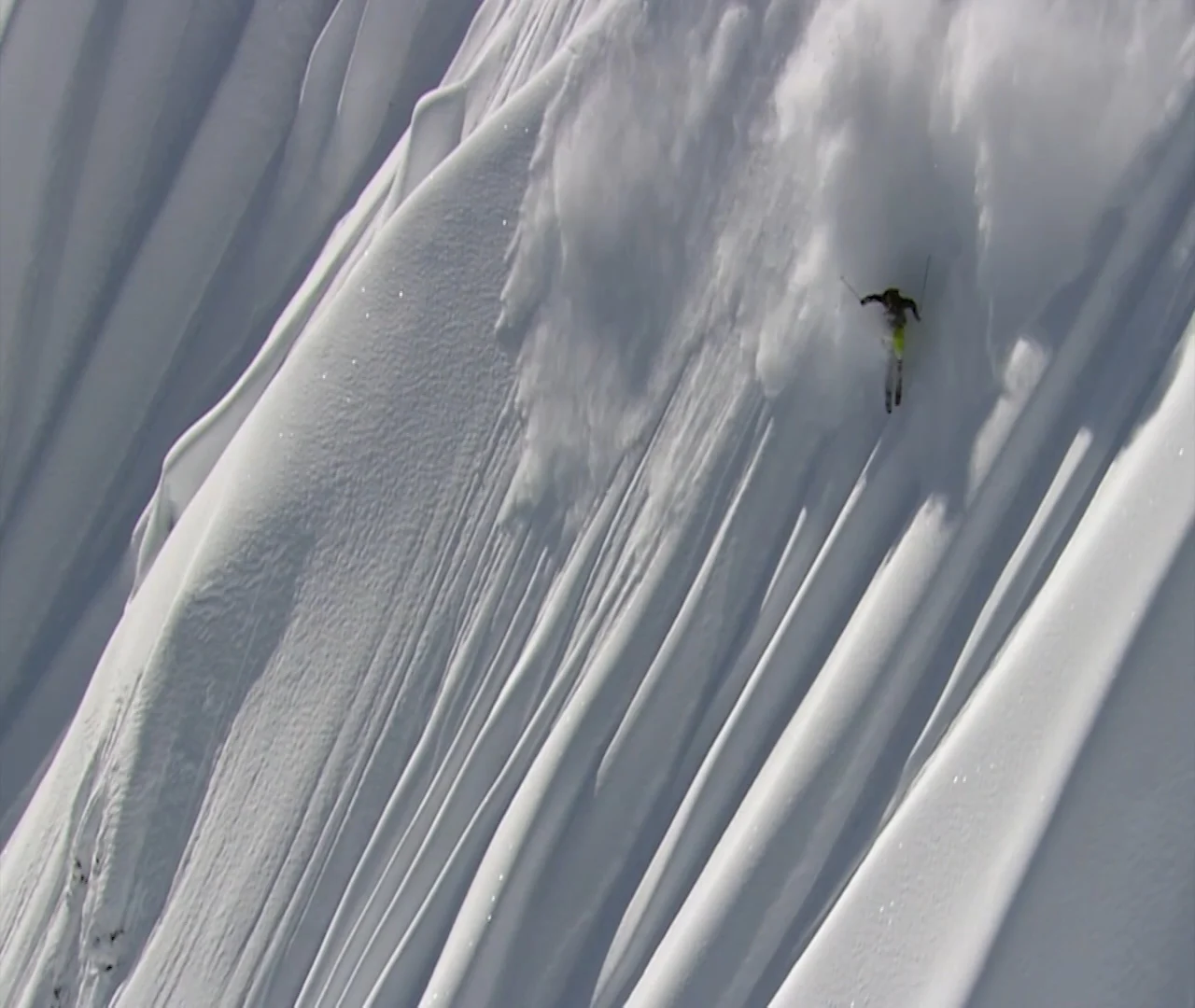
Carbon positive heli-skiing company in B.C. explores uncharted territory
Bella Coola Heli Sports offsets their carbon emissions and is looking for ways to reduce their overall carbon footprint.
Imagine yourself in a community where the population is barely 2,000 people. The nearest stop sign is 450 km away. The scene around you is an isolated mountain range hidden at the end of a long fjord.
This remoteness means that only a handful of people visit Bella Coola each year. It is also because of this remoteness that Beat Steiner fell in love with this place.
Steiner was born in Switzerland and his passion for skiing took him to British Columbia for university in the 1980s. Once he settled into his new surroundings he partnered with professional snowboarder Craig Kelly to create movies showcasing the world’s best ski destinations. It was on one of these trips that Steiner discovered Bella Coola.
“It is the heart of the coast range. The most incredible big peaks, offering fantastic skiing,” Steiner told The Weather Network.
Not wanting to leave this majestic place, Steiner launched Bella Coola Heli Sports, a heli-skiing venture that takes guests into uncharted territory to ski untouched powder. The strikingly pristine environment left Steiner’s guests impressed, but what is more is the impact it had on him. Steiner found a refuge of sorts and this relationship with nature prompted his company to do something no other heli-ski company in Canada has done before: Become carbon positive.

Credit: Bella Coola Heli Sports
Many companies across the world are making a commitment to become climate neutral, meaning that businesses aim to reduce their greenhouse gas emissions while remaining emissions are offset with climate protection measures, such as carbon sequestration. Steiner and his team at Bella Coola Heli Sports wanted to take this climate mitigating step even further.
“Climate change is real. We can see it happening. We see the glaciers shrinking faster and faster. We can see the temperatures warming. Being in the ski business and being an avid skier, having kids who I want to pick up the passion of skiing, we thought it was important to make a statement. We recognize that we are producing carbon. We recognize that carbon is contributing to global warming and of course global warming is not good for the ski business,” said Steiner.
Not good for the ski business is an understatement. Snowpack is one of the most impacted areas when it comes to the changing climate. According to Canada’s Changing Climate Report, the country’s snow cover fraction decreased between 5-10 per cent each decade since 1981 due to later snow onset and earlier snow melt. The report goes on to suggest that we will continue to see snow loss in the future.

Credit: Bella Coola Heli Sports
In order to reach the carbon positive goal, Steiner hired Offsetters, one of Canada’s leading carbon management companies. Offsetters came up with a template to measure the carbon emitted by Steiner’s company, which included everything from their employees commute to paper that was used in the office.
Once the audit was finished, Steiner learned that Bella Coola Heli Sports produced 1,093 tonnes of carbon each year, so to become carbon positive, the company had to offset more than this amount.
This goal was ambitious but their efforts paid off: Steiner purchased 1,202 tonnes of carbon offsets in the Great Bear Rainforest.
For Steiner though, purchasing offsets is only the first step.
Right now Bella Coola Heli Sports are looking for ways that they can reduce their overall carbon footprint. While there is no alternative to jet fuel for the helicopters just yet, one idea Steiner and his team are looking into is moving their fleet to electric vehicles.








